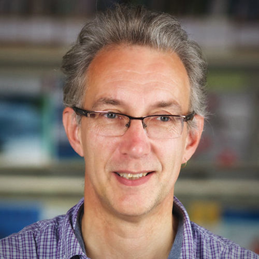Prof. Dr. Neil Burgess has been working in conservation science and practice for more than 20 years, in the UK, Denmark and tropical Africa, especially eastern Africa. Much of his earlier work focused on habitat conservation and protected area development and management in Europe and Africa through partnerships with non-governmental organisations, private foundations, state and community-based organisations.
Neil’s long-term involvement in practical, field-based conservation in Africa has also led to the discovery of many species new to science, the creation of state and community managed reserves, and the development of conservation plans and capacity building programmes with African states NGOs and Universities. The interface between field conservation, developing country capacity building, and the delivery of science at the global level and together with policy makers, means that Neil is well placed to develop conservation science that is aimed at international conservation policy targets, such as those agreed under the Convention on Biological Diversity, CITES and the UNFCCC, and the Sustainable Development Goals.














